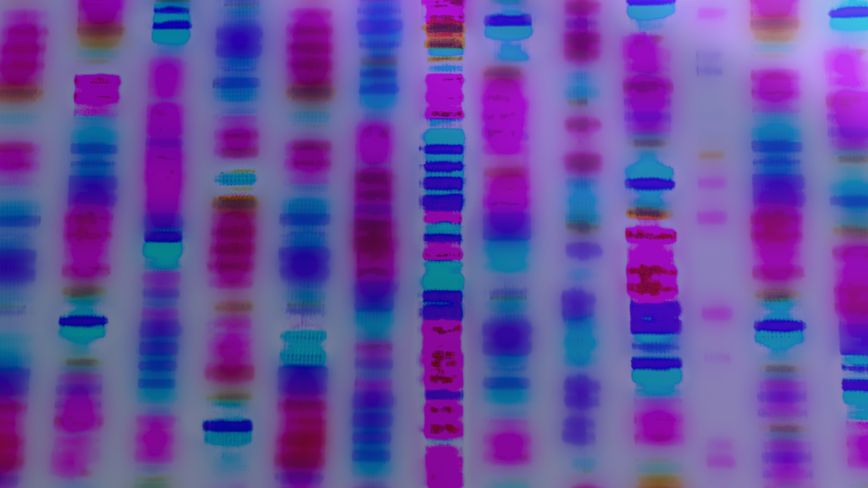
Oncology
Overview
Cancer is the leading cause of death worldwide. Recent technological advancements in the field of cancer, such as the emergence of multi-cancer early detection tests, have the potential to change not only cancer care but also the areas in which research is conducted in the future.
FasterCures seeks to amplify new approaches and developments affecting the field of oncology and address barriers to their innovation.
Oncology
Related Articles

Uterine Leiomyosarcoma: A Giving Smarter Guide
This Giving Smarter Guide describes the current state of research, clinical practice, and treatment approaches for uterine leiomyosarcoma (uLMS) and identifies critical areas where philanthropy can significantly advance scientific knowledge...Read Report
Coalition-Building Between the US and China on Women’s Cancer Detection, Treatment, and Care
Cancer is one of the leading causes of death in the US and China. Of the top 10 (by incidence) cancers in China, four are women’s cancers, including breast and cervical cancers. Despite successes in cancer control and prevention in both...Read Report
The Impact of Insight: Patient Preferences in Novel Screening Technologies for Cancer
Patient preferences and insights are increasingly considered throughout the medical product life cycle in addition to clinical outcomes. We know that incorporating patient preferences in the product life cycle can create meaningful results...Read ReportPatient preferences and insights are increasingly considered throughout the medical product life cycle in addition to clinical outcomes. We know that incorporating patient preferences in the product...
KO

The Promise of Multi-Cancer Early Detection Technologies in Encouraging Research and Development
New blood-based technologies, known as multi-cancer early detection (MCED) tests, are entering the market and can identify multiple cancers early and simultaneously. These tests detect signals found in DNA that cancer cells shed into the...Read Report
Related Video Content
The Cancer Diagnostics Revolution
This panel of experts examines the proliferation of innovative and at-home cancer-screening technologies, along with their anticipated impact on early cancer detection, increased access for patients, and effective cancer care.

Cancer in the Year 2040
The World Health Organization predicts that 30.2 million people worldwide will be diagnosed with cancer in 2040. In response to this challenge, the cancer-care landscape is rapidly evolving. Ground-breaking innovations that have recently emerged across the cancer-care ecosystem include blood-based tests that can detect multiple cancers simultaneously, at-home screenings and treatment, customized vaccines to deliver targeted treatments, and imaging technologies less harmful than their predecessors. Panelists hypothesized what it may be like to have cancer in 2040 and discussed how we might reinvent the future of cancer care, devising novel approaches to prevention, screening, and treatment.

Other Event Videos
 Promise of Earlier Detection in Shifting Cancer Research & Spurring InnovationResearchers have made significant progress in treating cancers, with a range of new interventions providing important options for patients. However, for myriad reasons, much of the innovation to date is indicated to treat patients with advanced disease.
Promise of Earlier Detection in Shifting Cancer Research & Spurring InnovationResearchers have made significant progress in treating cancers, with a range of new interventions providing important options for patients. However, for myriad reasons, much of the innovation to date is indicated to treat patients with advanced disease. What Are the Next Breakthroughs in Cancer Research and Care?Cancer didn't quit during the pandemic, but neither did cancer innovation. We even saw approaches first pioneered in cancer now deployed against COVID-19. Genomic and multi-omics data are transforming cancer research.
What Are the Next Breakthroughs in Cancer Research and Care?Cancer didn't quit during the pandemic, but neither did cancer innovation. We even saw approaches first pioneered in cancer now deployed against COVID-19. Genomic and multi-omics data are transforming cancer research. Disruptive Developments in Cancer ResearchImmunotherapy and precision treatments for cancer command attention and investment as the science advances.
Disruptive Developments in Cancer ResearchImmunotherapy and precision treatments for cancer command attention and investment as the science advances. Cancer Didn't Quit During the PandemicThis panel of experts discuss the current and potential long-term ramifications of COVID-19 for cancer care and research. A key challenge: How to leverage innovations in oncology to compensate for postponed research and treatments.
Cancer Didn't Quit During the PandemicThis panel of experts discuss the current and potential long-term ramifications of COVID-19 for cancer care and research. A key challenge: How to leverage innovations in oncology to compensate for postponed research and treatments.



